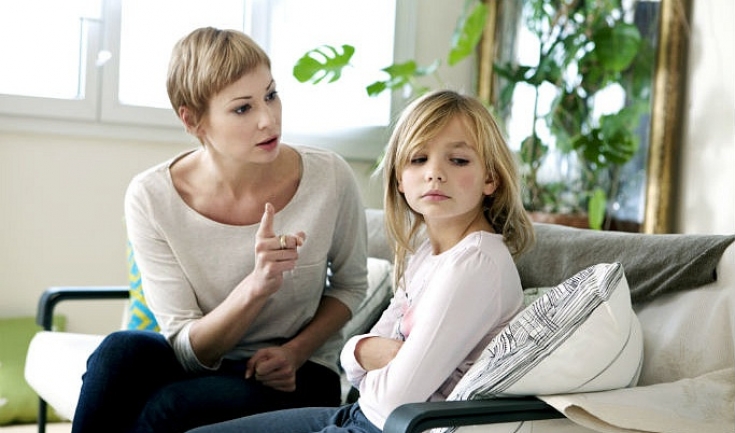The Internet is available to everyone. Social networks are especially popular among all generations. It would seem that this should contribute to the unification of generations. But teenagers somehow do not burn with a special desire to be friends on social networks with their parents. At the same time, most parental mistakes remain unconscious by the parents themselves and, accordingly, they do not understand the categorical nature of their children. The British managed to sort out this issue. The editors of estet-portal will tell you what they managed to find out.
British Internet company Three conducted a study of the characteristics of communication in social networks of teenagers and their parents. More than 70% of all respondents would never want to be friends on social networks with their parents. And of those teenagers who have already had the imprudence to agree to a virtual friendship with their ancestors, 30% would like to remove them from friends. Why?
On the one hand, this creates a feeling of control, a "cap" and makes children behave unnaturally. On the other hand, the activity of parents exposed to the teenager's social environment often makes him feel uncomfortable. After all, parents do not always understand the laws of youth subcultures and the rules of communication established among adolescents. Therefore, they do things that put them in an uncomfortable position.
Rating of parental mistakes that are made in social networks
- 24% of children are categorically against posting pictures together with them online.
- 21% are annoyed by the posting of "inappropriate" photos of their parents from their point of view.
- 10% of teenagers feel awkward from:
- parents' misuse of youth slang,
- weird comments posted by parents on their wall.
- Parental comments on statuses and posts annoy 9% of teenagers.
- At 4% of negative ratings of teenagers scored:
- comments on their photos,
- comments on photos of their friends,
- Chat with their friends.
- "Likes" to posts are unpleasant for 3% of teenagers.

The desire of teenagers to isolate themselves from their parents and preserve their personal space is understandable and quite natural. Therefore, before knocking on friends on Facebook, gently and without pressure, ask your son or daughter how appropriate this is for your teenager. If you still decide to be friends with your child on social networks, then try not to repeat the mistakes that irritate teenagers so much.

Perhaps it would be better to communicate in person. And if your child is far from you – use mobile communications, Skype, WhatsApp or Viber. For more information on how to cope with the departure of an adult child from home, read the article: Empty Nest Syndrome. How to let go of an adult child?






Add a comment